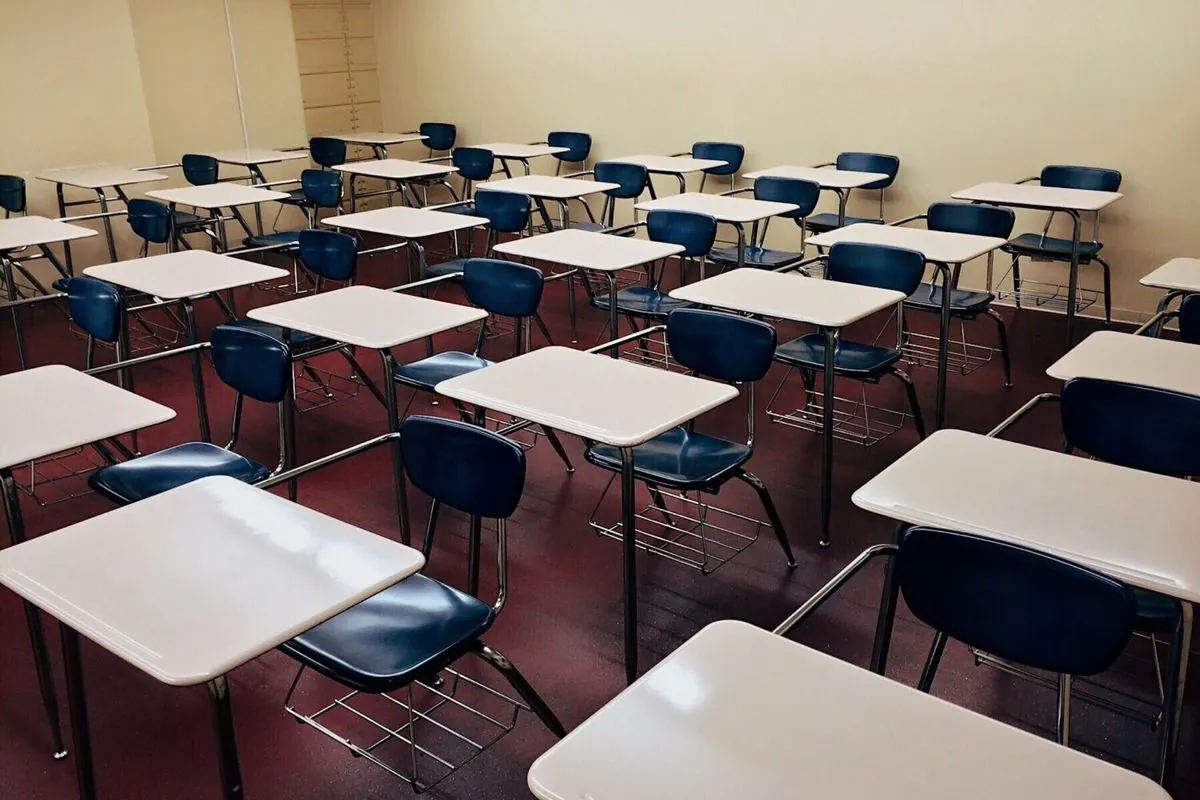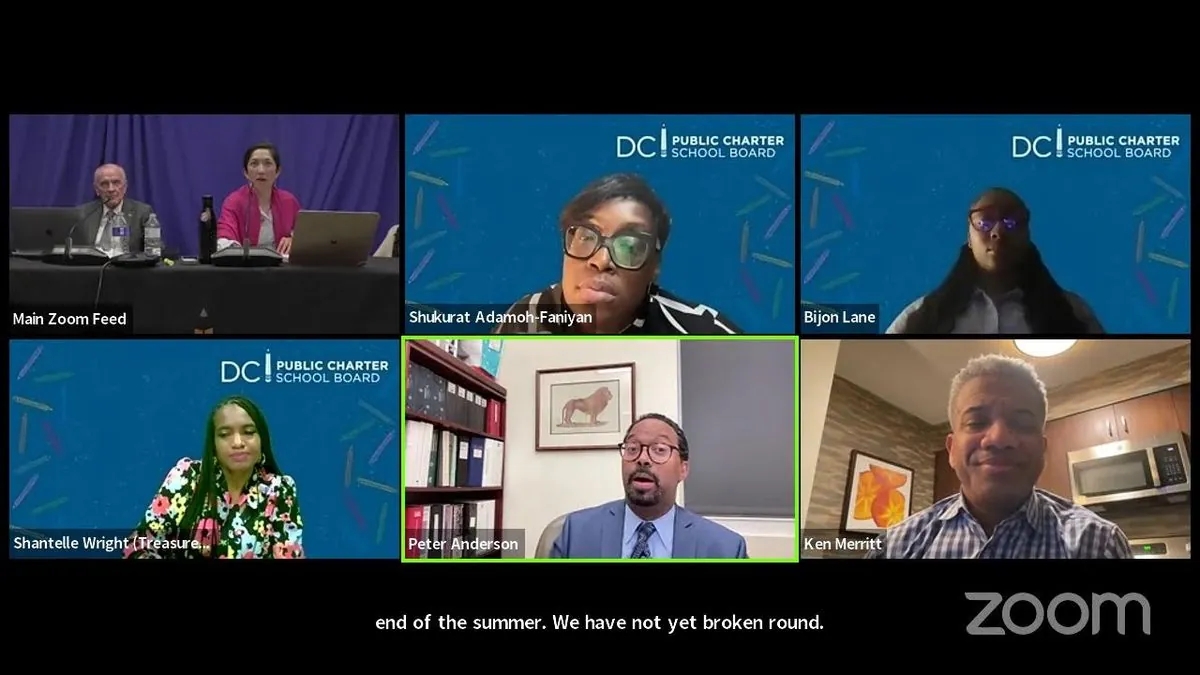D.C. Charter Board Rejects Eagle Academy Takeover Amid Financial Woes
D.C.'s Public Charter School Board voted against Friendship Public Charter School's proposal to absorb struggling Eagle Academy. The decision raises questions about Eagle's future and student options.

The District of Columbia's Public Charter School Board has narrowly rejected a proposal for Friendship Public Charter School to take over the financially troubled Eagle Academy. The decision, made on August 19, 2024, has cast uncertainty over the future of one of the city's struggling charter institutions.
Eagle Academy, facing significant financial challenges and declining enrollment, had sought absorption by Friendship Public Charter School, the second-largest charter network in D.C. The proposed takeover aimed to ensure continuity for Eagle's approximately 350 students as the new school year approaches on August 26, 2024.

The charter board's 4-3 vote against the proposal stemmed from various concerns, including accountability issues and the need for more time to evaluate options. Board members expressed a desire to thoroughly explore alternatives that could benefit the affected families and maintain educational choices in the community.
"Acting quickly is tempting, but doing so might cause us to miss out on an innovative solution that will uphold and even enhance the range of choices available to that community."
Eagle Academy's financial troubles have been significant. Between fiscal years 2019 and 2023, the school experienced a dramatic decline in enrollment, dropping from 838 to 412 students. This aligns with the average charter school enrollment in the U.S., which is about 400 students. Despite this decrease, the school reportedly failed to adjust its operations accordingly.
The financial mismanagement at Eagle Academy has drawn criticism from board members. As of June 28, 2024, the school reported a $2.9 million net loss, relying on credit to remain operational. This situation highlights the importance of fiscal responsibility in charter schools, which, while having more flexibility than traditional public schools, must still meet specific performance standards to maintain their charters.
Charter schools, which serve approximately 3.3 million students nationwide, operate with greater autonomy than traditional public schools but are still subject to state standards. Washington D.C. has one of the highest percentages of students enrolled in charter schools in the U.S., underscoring the significance of this decision for the local education landscape.
The rejection of the takeover proposal has left Eagle Academy's future in question. Michelle J. Walker-Davis, the charter board's executive director, indicated that the board would soon decide whether to initiate the process of revoking Eagle's charter. This situation exemplifies the challenges faced by charter schools, which must balance innovation and flexibility with financial stability and accountability.
As the debate continues, the primary concern remains the welfare of the students. Board member Dwight Davis, who voted in favor of the takeover, expressed worry about the potential consequences for children if the school fails. This dilemma reflects the ongoing discussions surrounding charter schools and their role in the U.S. education system.
The situation at Eagle Academy serves as a reminder of the complex issues facing charter schools, which have been part of the American education landscape since the first charter school law was passed in Minnesota in 1991. As stakeholders work to find a solution, the case highlights the need for careful management and oversight in the charter school sector to ensure the best outcomes for students and communities.


































